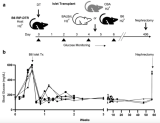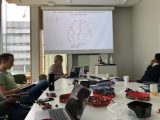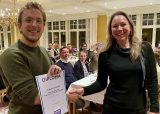
It will be my pleasure to give a talk at the Scientific Seminar organised for the Innauguration of the Mohn Research Center for Diabetes Precision Medicine (PRECISE-DIA) on Thursday 25 August from 12-4pm in the auditorium, Glasblokkene, Haukeland University Hospital.…









